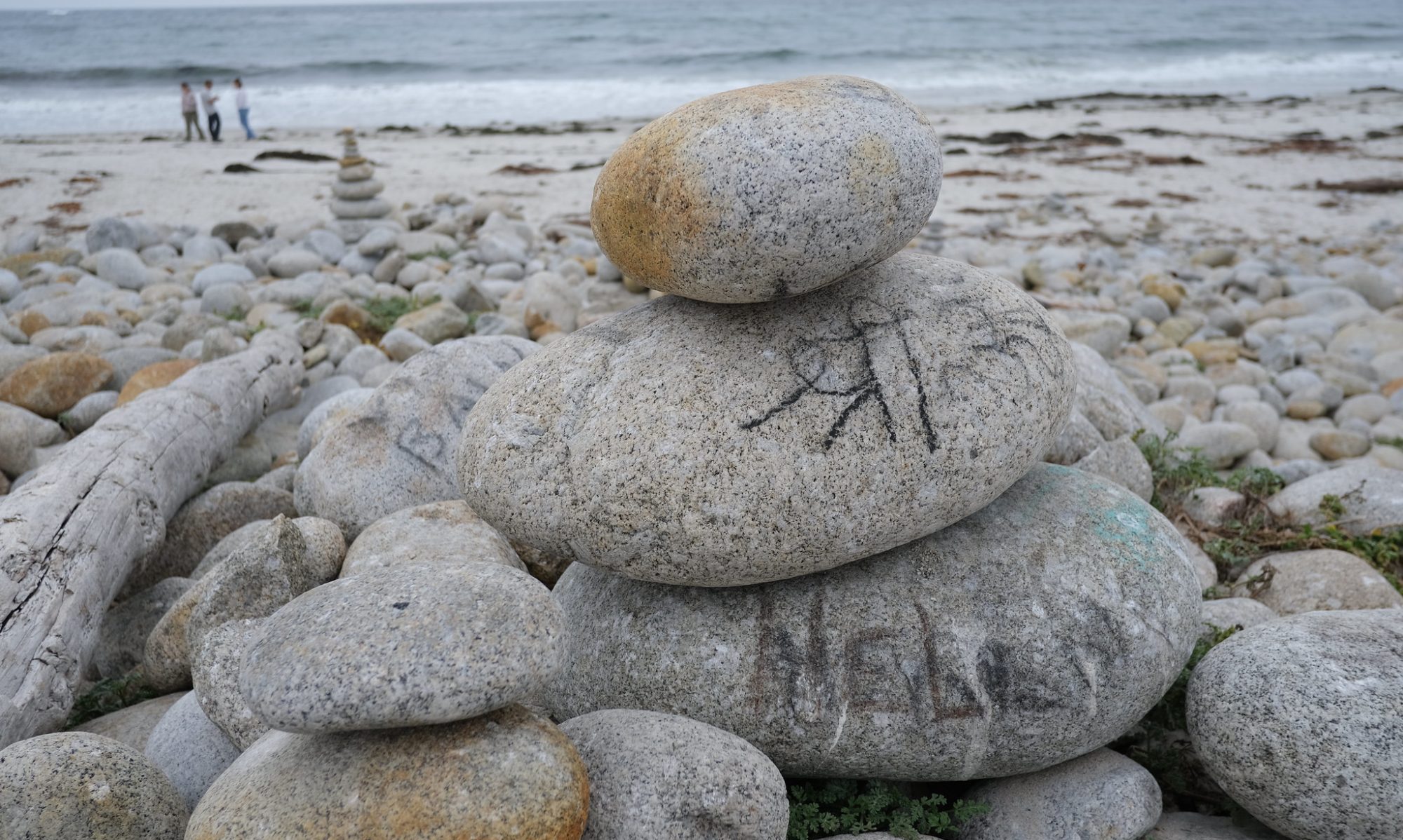IBM seem to have a good deal happening with their Think Express program — it looks like one of the better ways to get a thin-and-light notebook. And there’s lots of them around at the unending number of online retailers.
Unfortunately, I can’t for the life of me find one that will accept a non-US billing address. US delivery address I can do, but my Visa card has an Australian address, and there’s not a lot I can do about that on short notice. I do need, of course, to give them an accurate billing address, because otherwise they will refuse to bill the card.
But of the fifteen or so online retailers I checked, only one allows you to enter a non-US country for your billing address, and it does that only to inform you that they do not ship internationally yet.
IBM itself may be an exception, if they use the same billing software for every part of their site, but I can’t tell because the cheap models they advertise as ‘ship today’ can’t be ordered, because when you click on them they tell you that the order code isn’t found.
There seem to be about forty computer retailers of various sizes in Boston, only about three with websites, and if I had a car I’d just visit them all. If I had a phone I’d call them all. But unfortunately I have neither, and Boston isn’t compact enough for me to visit more than four of them on foot before I leave (nor did I imagine that was how I’d spend my time here). IBM’s website ‘find a business partner’ function is currently broken.
Why everything is so ready to stop me spending money, I don’t know.

